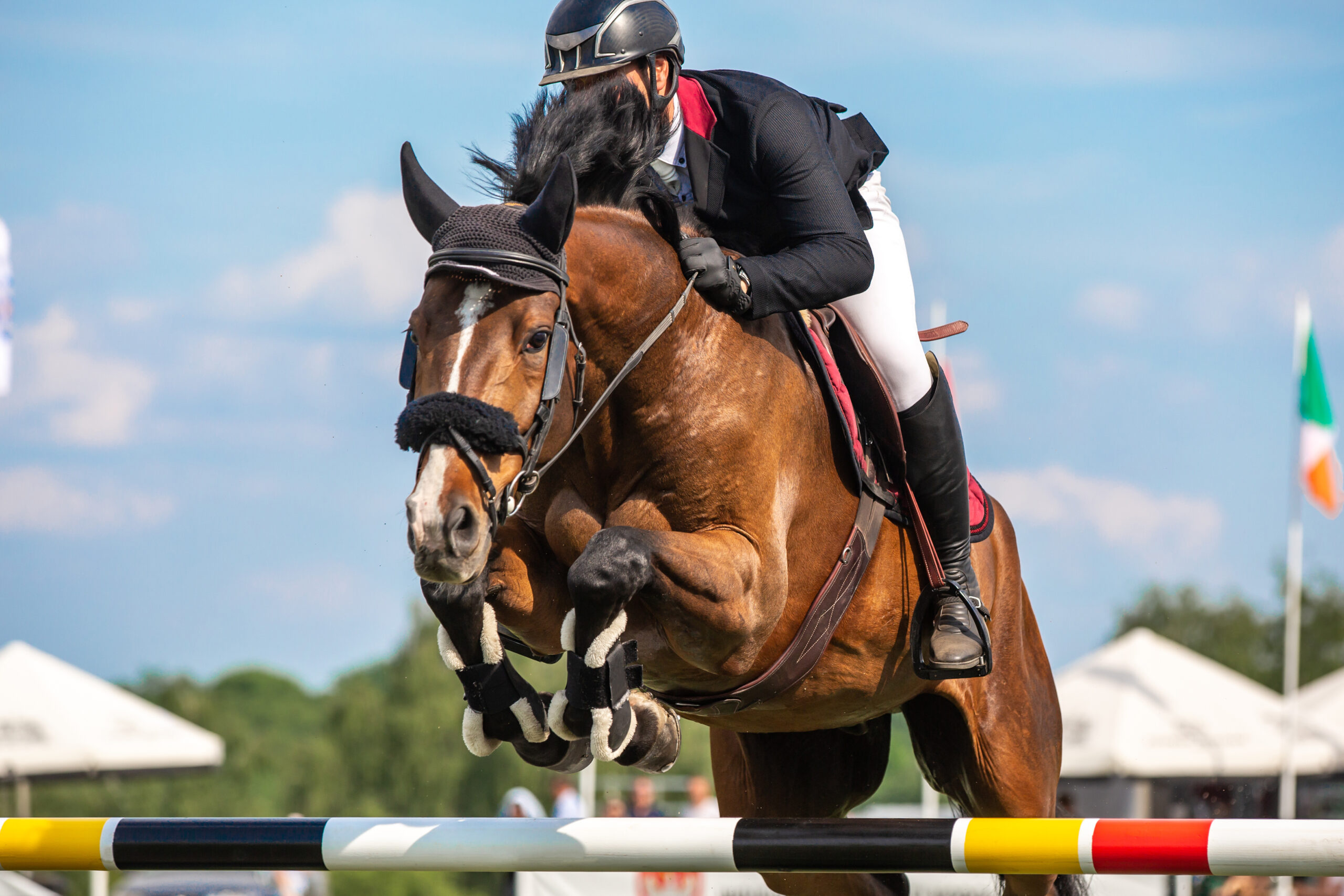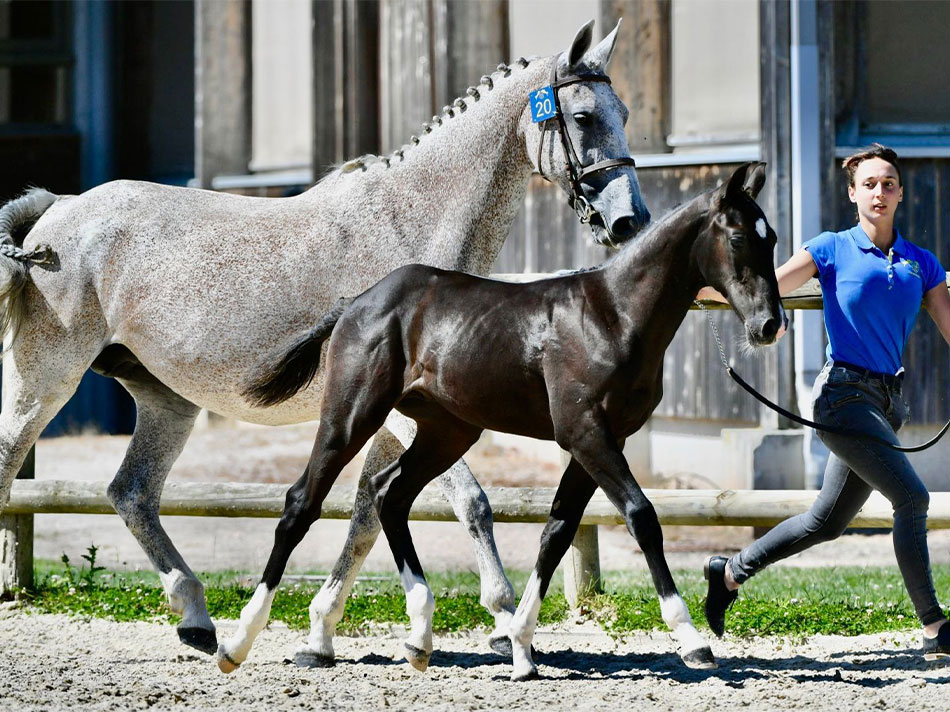- Accueil
- Contractuel environment of working and promoting sport horses in France
Contractuel environment of working and promoting sport horses in France
Sport horses are sold and worked under different formats in France and for which there are several specific horse related contracts and agreements.
Firstly, the basic livery agreement by which a private or a professional equestrian puts their horse(s) in livery in a professional yard. DIY liveries or basic loaning of stables without additional services are generally reserved for professionals only in France. Most French livery yards offer a range of different services going from a simple stable and turning out format to a full working livery with lessons and/or riding services.
Livery agreements must provide, at the very least, information related to prices, payment terms and the different services provided by the equestrian professional. Termination notice periods are one month but can vary depending on the type of contractual agreement.
The level of contractual liability related to damage to horse depends on where the accident concerning the horse takes place. French case law currently considers that the yard owner is subject to a reinforced contractual liability when the horse hurts itself when it is at rest (i.e., in its stable, field etc.). However, the horse owner must prove a specific fault to engage contractual liability when the horse is hurt while being schooled or ridden.
The yard owner is also liable for tort damages caused by the horse under its responsibility to third parties, except when the horse is under the control of its owner.
Secondly, the deposit agreement is used to sell horse via professionals. The horse is put in livery in a professional yard which is contractually required to sell the horse at a specific minimum price.
It is essential that a written deposit agreement be drafted and agreed upon between the parties, mainly to avoid confusion on the minimum sales price to be received by the seller, the term of the agreement and payment of sales price and commission.
Financial conditions are based on a variation between a fixed monthly fee to cover livery expenses and a commission representing a certain percent of the sales price. Some professionals use the “all expenses, all wins” formula according to which it accepts to back expenses for the livery period in counterparty for receiving all competition wins.
Thirdly, the performance and promotion agreement by which a horse is entrusted to an equestrian professional to increase its financial value via work and competition. The main horses concerned by this type of agreement are young sport horses and adult sport horses moving up the various levels.
People pursue different type of objectives via this type of agreement, and which impact the financial conditions and contractual terms. For instance, when the objective is mainly speculative, the parties must aim to negotiate a short contractual term to limit expenses all the while significantly increasing value by performing in shows.
Financial conditions are based on a similar format to deposit agreements. However, they vary in that the deposit agreement is mainly used to sell a horse using the professional’s network and connections. The performance agreement is used to increase the horse’s value and sell the horse professionally – which can therefore justify a distribution of the added value between the seller and the equestrian professional.
In any event, any horse sale, whether under a deposit or a performance agreement, requires the consent of the seller who must only sign the owner’s card upon full payment of sales price. It is highly recommended to draft professional contract agreements to avoid disputes and litigation.
Finally, contractual partnership agreements can be drafted and entered between horse owners – breeders and professional riders. These partnership agreements can provide general contractual framework to working commercial relationships according to which horse owners and breeder accept to provide professional riders with horses to ride and compete with. Such agreements need to be discussed and negotiated to find a balance between the horse owners/breeders’ interest which is often to promote and sell the horse and the professional riders’ interest which is to be paid for services rendered and eventually keep the horse as long as possible for his own competing career.
Such contracts require pre-emptive rights and financial clauses in order to preserve this balance between conflicting interests.



